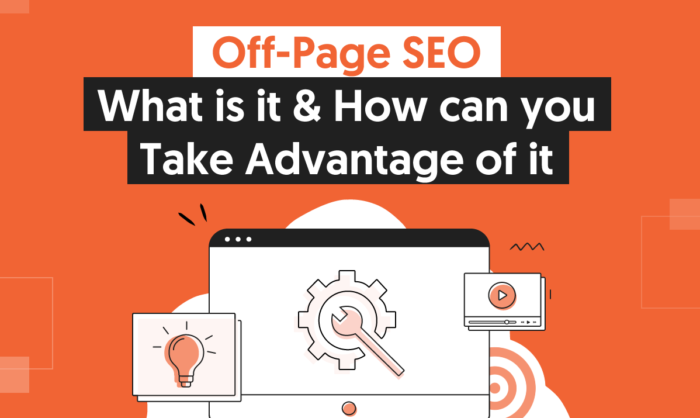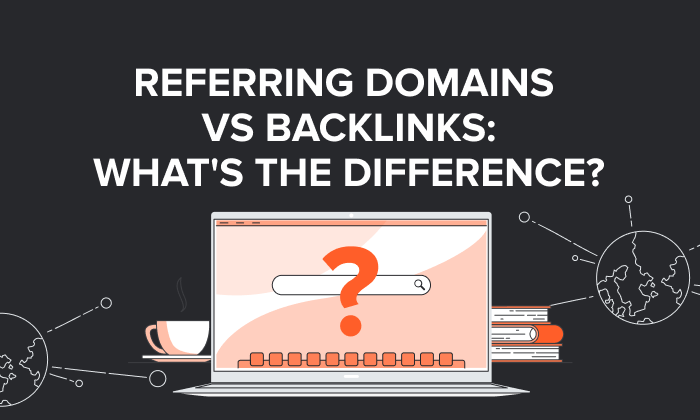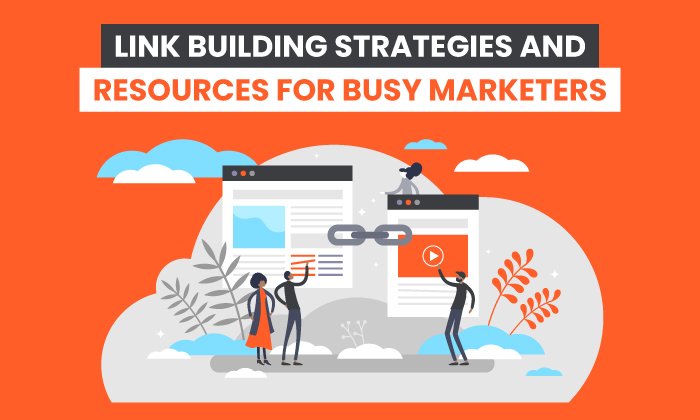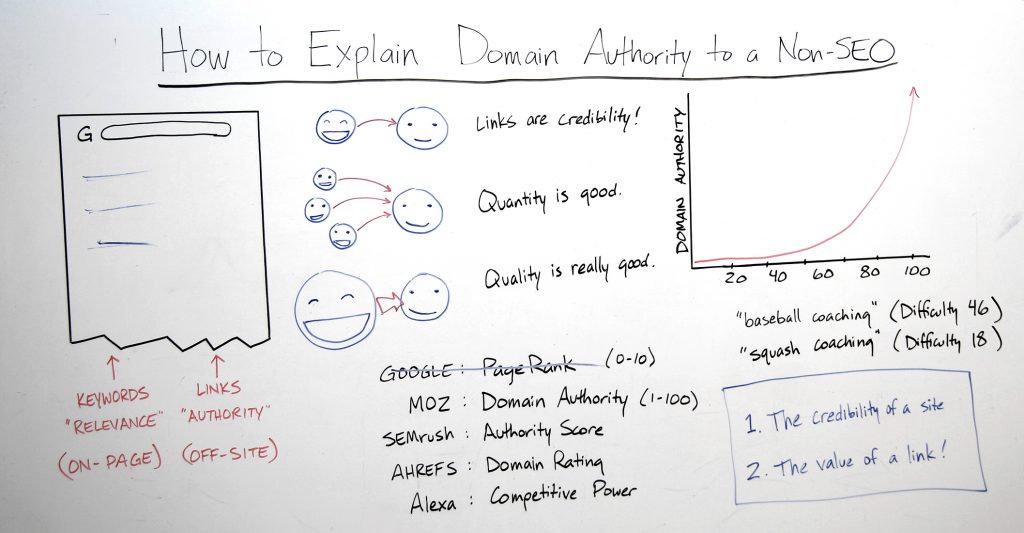Off-page Seo: What Is It & How Can You Take Advantage of It
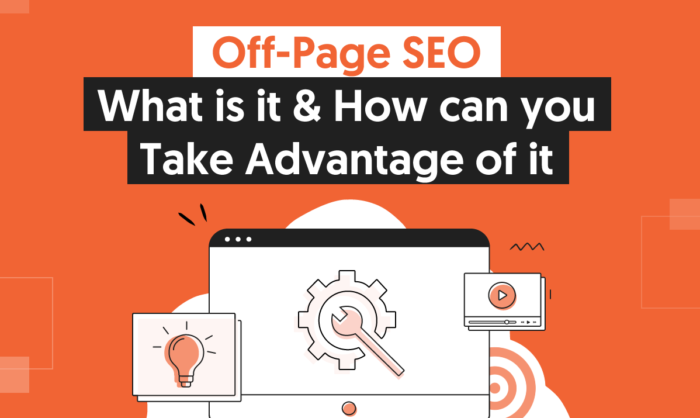
By Neil Patel
As smart bloggers and content marketers, we usually start with on-page SEO.
However, one of the most important Google ranking factors isn’t found on your page at all. Rather, it’s backlinks from other websites pointing towards your site. The top results on Google have an average of 3.8x more backlinks than the results that appear in positions 2-10.
Off-page search engine optimization is not just about building backlinks though.
It goes deeper than that. For example, brand mentions (your site URL or brand name mentioned on another site without a hyperlink) are an integral aspect of off-page search signals.
Off-page SEO simply tells Google what others think about your site. For example, if you’ve got a lot of valuable links pointing to your pages, search engines will assume that you’ve got great content that provides value for users.
People only cite, reference, and share content they like. Even in a brick-and-mortar business, if your product is helpful and affordable, you’ll get a lot of word-of-mouth referrals from your current customers.
If you’re ready, I’m going to walk you through everything you need to know about off-page search optimization.
What is Off-Page SEO?
“Off-Page SEO” refers to all of the activities that you and others do away from your website to raise the ranking of a page with search engines.
Though many people associate off-page SEO with link building, it goes beyond that. Many activities that don’t result in a standard link on other sites are important for off-page optimization.
On-page search engine optimization happens within the site, while off-page SEO happens outside the site. If you write a guest post for another blog or leave a comment, you’re doing off-page site promotion.

Preparing a Site/Page for Link Building
Links are still very important to Google. In fact, it’s almost impossible for Google to determine the value of any web page if there are no links pointing to it, no matter how useful, fresh, or in-depth the page content might be.
Site owners are often tempted to skip initial preparations for link building. But it’s important that you give this top priority because preparing a site will ensure that you’re mindful of the links you sent to them.
So how do you ensure that your web pages are ready for link building?
1. Lay Out Your Internal Pages
Optimized internal pages can make a huge difference in your overall rankings. This includes interlinking your pages using random keywords (with more emphasis on your brand name).
According to Brian Dean’s famous post “Google’s 200 Ranking Factors,” the number of internal links to a page indicates its importance …read more
Source:: Kiss Metrics Blog

